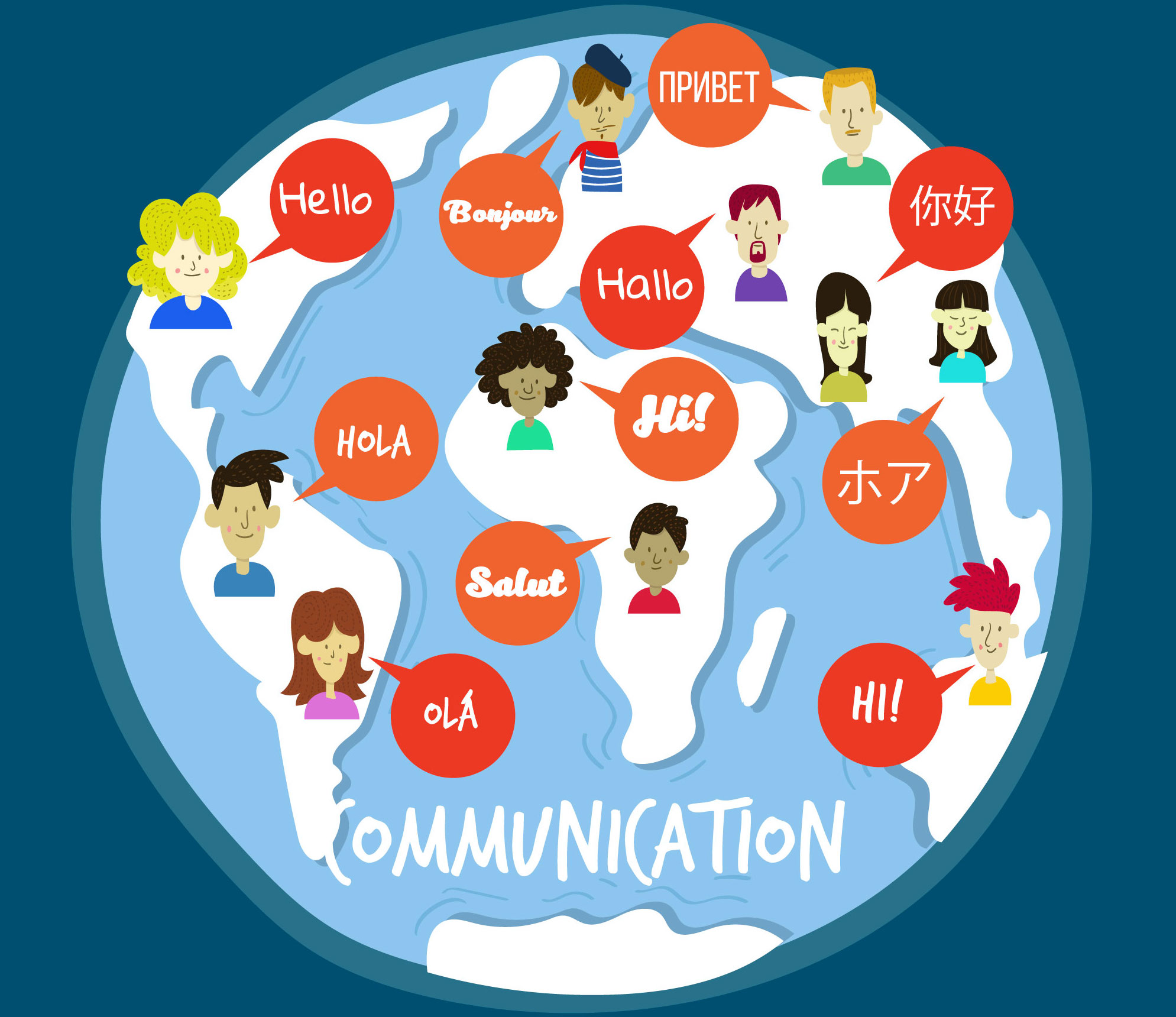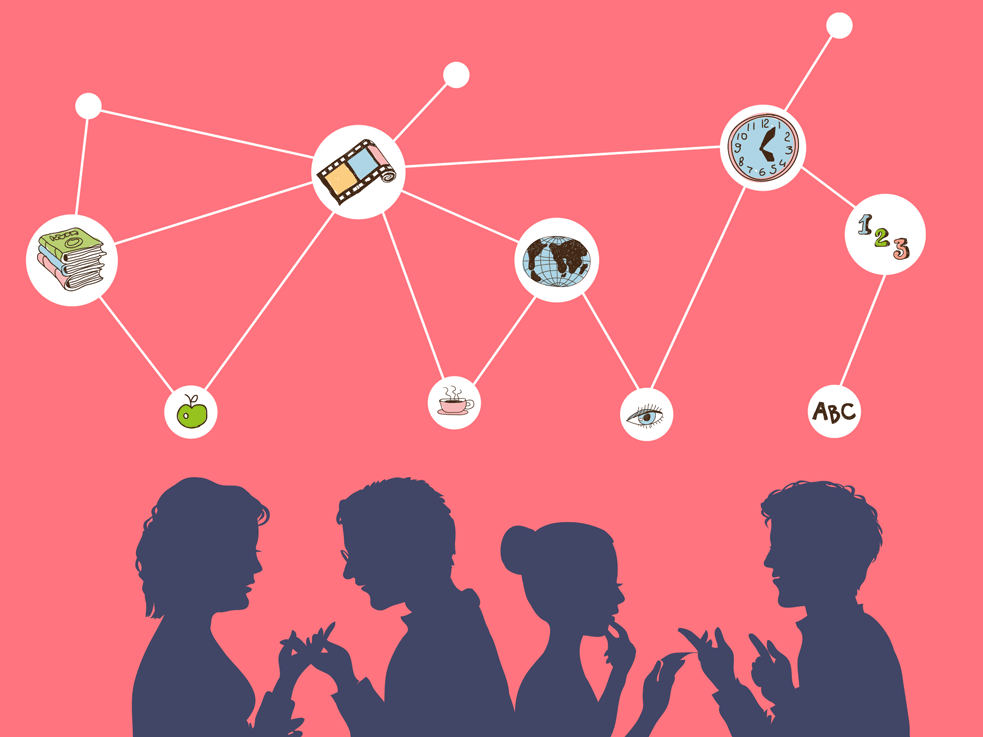Learn a New Language: Tips and Techniques for Success
Learning a new language can be one of the most rewarding experiences of your life. Whether you’re aiming to travel, expand your career opportunities, or simply challenge yourself, mastering a new language opens doors to new cultures and perspectives. In this article, we will dive into effective methods and strategies for learning a new language quickly and efficiently.

Why Learning a New Language is Important
Learning a new language is not just about memorizing vocabulary and grammar rules. It’s about expanding your worldview, enhancing cognitive abilities, and improving your communication skills. When you speak another language, you can connect with people in ways that transcend cultural boundaries.
Cognitive Benefits
Studies show that learning a new language improves memory, enhances multitasking abilities, and even delays the onset of dementia. It’s a great workout for your brain!
Career Advantages
In today’s globalized world, being bilingual can give you a competitive edge in the job market. Many companies look for employees who can communicate in multiple languages, opening up new career possibilities.
1. Set Clear, Achievable Goals
Before diving into language learning, it’s essential to set clear, measurable goals. Whether you want to be fluent or simply hold a basic conversation, having a goal will keep you motivated.
Steps to Set Goals:
-
Start Small: Begin with basic phrases or vocabulary that are relevant to your everyday life.
-
Measure Progress: Set milestones such as “learn 50 new words” or “hold a 5-minute conversation” by the end of the month.
-
Be Realistic: Understand that fluency takes time. Celebrate small victories along the way!
When you have a clear roadmap, learning becomes less overwhelming, and you’re more likely to stick with it.
2. Immerse Yourself in the Language
One of the most effective ways to learn a new language is through immersion. Surround yourself with the language as much as possible.
How to Immerse Yourself:
-
Watch TV Shows and Movies: Choose shows or movies in the language you’re learning. Try turning on subtitles in the language to reinforce what you hear.
-
Listen to Music and Podcasts: Listen to songs or podcasts in the target language while commuting, exercising, or relaxing. This helps you get used to the rhythm and pronunciation.
-
Practice Speaking: The more you speak the language, the more natural it will feel. Look for language exchange partners or hire a tutor for conversation practice.
By immersing yourself in the language, you can reinforce your learning naturally without feeling forced.
3. Use Language Learning Apps and Online Resources
In the digital age, there are countless tools available to help you learn a new language. Mobile apps and online platforms make language learning convenient and accessible.
Top Language Learning Apps:
-
Duolingo: A popular app that offers a gamified approach to learning. It’s perfect for beginners and intermediate learners.
-
Babbel: This app focuses on conversational skills and real-world scenarios.
-
Memrise: Offers vocabulary and pronunciation lessons, often taught by native speakers.
-
Tandem: A language exchange app where you can connect with native speakers and practice your skills.
These apps provide structured lessons, making it easier to fit language learning into your busy schedule.

4. Practice Consistently
Consistency is key when learning a new language. Even if you only have 10-15 minutes a day, practicing regularly will yield better results than cramming all at once.
Tips for Consistent Practice:
-
Daily Practice: Make language learning a daily habit. Set aside time each day, even if it’s just for a few minutes.
-
Spaced Repetition: Use spaced repetition software (SRS) to review words and phrases at increasing intervals. This method helps commit new words to long-term memory.
-
Keep a Journal: Write in the target language every day. This practice reinforces grammar and vocabulary.
By staying consistent, you’ll gradually build fluency and confidence in your new language.
5. Focus on Speaking Early
While learning vocabulary and grammar is important, speaking the language early on will give you the confidence to use what you’ve learned. Many people wait until they feel “ready” to speak, but speaking from day one helps you internalize the language faster.
How to Practice Speaking:
-
Language Exchange: Find a language partner who speaks the language fluently. You can teach them your native language in exchange for practicing theirs.
-
Speak to Yourself: Practice thinking in the language and speaking to yourself. Describe your day, your thoughts, or what you see around you in the language you’re learning.
-
Join Conversation Groups: Many communities offer online or in-person language meetups where learners can practice speaking together.
Speaking early and often accelerates your language learning progress.
6. Make Use of Flashcards
Flashcards are an excellent tool for memorizing vocabulary, expressions, and grammar rules. You can carry them with you and review them during idle times throughout the day.
How to Use Flashcards Effectively:
-
Create Digital Flashcards: Use apps like Anki or Quizlet to create and review flashcards on your phone.
-
Include Audio: Add audio to your flashcards to reinforce pronunciation.
-
Review Regularly: Use the spaced repetition technique to make sure you’re reviewing your flashcards at optimal intervals.
Flashcards are a great way to reinforce learning and help you retain vocabulary for the long term.

7. Stay Motivated and Be Patient
Learning a language is a marathon, not a sprint. There will be times when you feel frustrated or discouraged, but remember that persistence is key.
How to Stay Motivated:
-
Celebrate Small Wins: Reward yourself for reaching milestones, like understanding a conversation or ordering food in the language.
-
Join a Community: Join online communities or local groups of language learners who can offer support and encouragement.
-
Remember Your Why: Keep reminding yourself why you’re learning the language, whether it’s for travel, career, or personal growth.
With the right mindset, you can overcome challenges and continue progressing in your language journey.
FAQs About Learning a New Language
How long does it take to learn a new language?
The time it takes to learn a language depends on various factors, such as the language’s difficulty, your prior language knowledge, and how much time you dedicate. On average, it can take anywhere from six months to a few years to achieve fluency.
Can I become fluent in a new language without living in the country?
Yes, it’s possible to become fluent without living in the country. Immersion can be achieved through digital tools, language exchange, and consistent practice. The more you surround yourself with the language, the quicker you’ll learn.
What is the best language learning method?
There is no one-size-fits-all answer. The best method depends on your learning style and goals. Combining methods like immersion, conversation practice, and consistent review is often the most effective way to learn a new language.
Is it necessary to learn grammar before speaking?
While grammar is important, don’t wait until you understand all the rules before speaking. Practice speaking early and often, and focus on communication. You can refine your grammar as you go.
Conclusion
Learning a new language is a journey that requires patience, consistency, and the right strategies. By setting clear goals, immersing yourself in the language, practicing regularly, and staying motivated, you’ll soon find yourself making great strides. Remember, the key to success is persistence—keep going, and don’t be afraid to make mistakes along the way.
For more tips on learning a new language, check out our guide on language learning apps.








